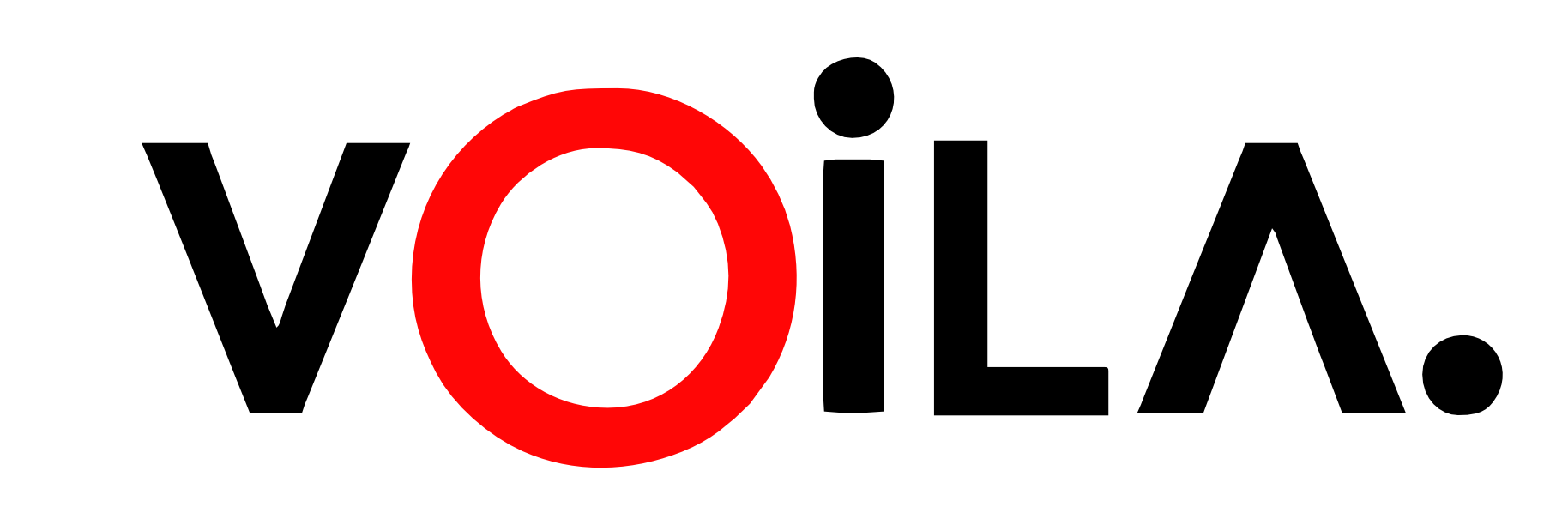Millions of Filipinos headed to the polls Monday in a closely watched election that could reshape the country’s political landscape. On the ballot: half of the Senate, thousands of local government positions, and the future of embattled Vice President Sara Duterte — whose impeachment trial looms large over the political scene.
Authorities deployed over 160,000 police personnel nationwide to maintain peace and secure polling areas in a country where political rivalries — especially in provincial areas — often turn deadly.
Yet the backdrop to this vote is defined by an increasingly bitter power struggle at the top. The once-strong alliance between President Ferdinand Marcos Jr. and Vice President Duterte has unraveled dramatically. Duterte was impeached earlier this year, shortly after her father, former President Rodrigo Duterte, was detained and transferred to the International Criminal Court to face charges related to his bloody anti-drug campaign.
The Senate elected from this race will play a key role in the outcome. Twelve new senators will join twelve incumbents to serve as jurors in Sara Duterte’s expected July impeachment trial. A conviction would end her political career — and possibly weaken the Duterte family’s hold on their Mindanao stronghold, Davao.
Of the top twelve candidates currently polling, seven are backed by President Marcos. Meanwhile, four contenders — including the president’s outspoken sister, Senator Imee Marcos — are aligned with the Duterte camp. Also in the running are a television host, a comedian, and a former Duterte ally now worried he might be targeted by the ICC next. Former boxing icon Manny Pacquiao narrowly trails behind the frontrunners.
“The Dutertes are fighting for political survival,” said Cleve Arguelles, political analyst and CEO of WR Numero Research. “If Sara is removed from office and Rodrigo loses influence, even their dominance in Davao could come under threat.”
He added that removing Sara from the 2028 presidential picture benefits more than just President Marcos, who is barred from seeking a second term. “Without her, the field opens up.”
Marcos Faces a Waning Presidency
While Duterte’s political stock may be falling, President Marcos is facing his own crisis of public confidence. A recent survey shows his approval rating plummeting — from nearly 50% to just 25% within three months.
“This election is being treated as a referendum on the Marcos administration,” explained Dennis Coronacion of the University of Santo Tomas. But according to critics, Marcos has yet to deliver a defining policy or national achievement.
“Since late last year, the entire narrative of the administration has revolved around Sara Duterte,” said Jean Franco of the University of the Philippines. “The people are beginning to lose faith.”
Even his efforts to make foreign policy issues — particularly maritime tensions with China in the South China Sea — central to his campaign have failed to catch fire. Polls show Filipinos care more about economic issues like inflation, food prices, and employment than geopolitical disputes.
Shadow of Violence Remains
As voting unfolds peacefully in urban centers like Manila — many casting their ballots in shopping malls — rural areas, especially in the south, remain volatile.
In Mindanao, which has long been prone to election-related violence, deadly attacks are not uncommon. In 2022, three guards were shot dead at a polling center, and nine others were injured in a separate grenade explosion.
This year, the Commission on Elections (Comelec) took the rare step of removing senior police officers from two southern towns, blaming them for failing to protect a local election officer who was later assassinated.
Comelec recorded 81 politically linked violent incidents from January 12 to May 7. At least 16 of them have resulted in fatalities, according to police. However, officials insist this is a decrease compared to previous elections.
What’s Next: Power Realignments Inevitable
No matter how Monday’s vote turns out, analysts agree that the second half of Marcos’s term will be marked by a slow erosion of influence.
“Presidential clout naturally fades after the midterms,” said political science professor Alicor Panao. “With term limits in place, lawmakers and governors will begin shifting their focus to the 2028 presidential race. The president becomes a lame duck.”
In short, the midterm vote marks more than just a check on the current administration — it is the opening act of a power struggle that will define the country’s next chapter.









 English (US) ·
English (US) ·